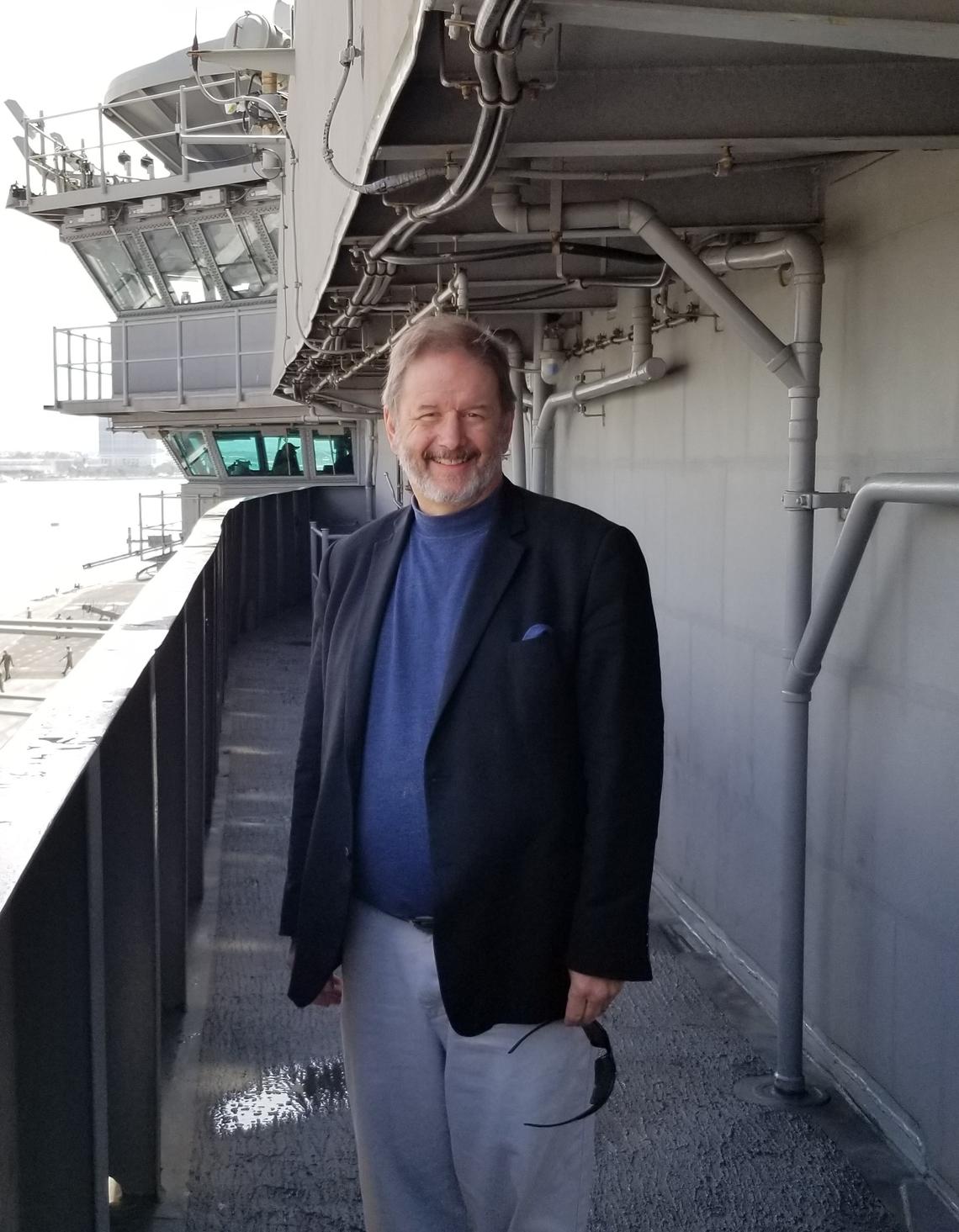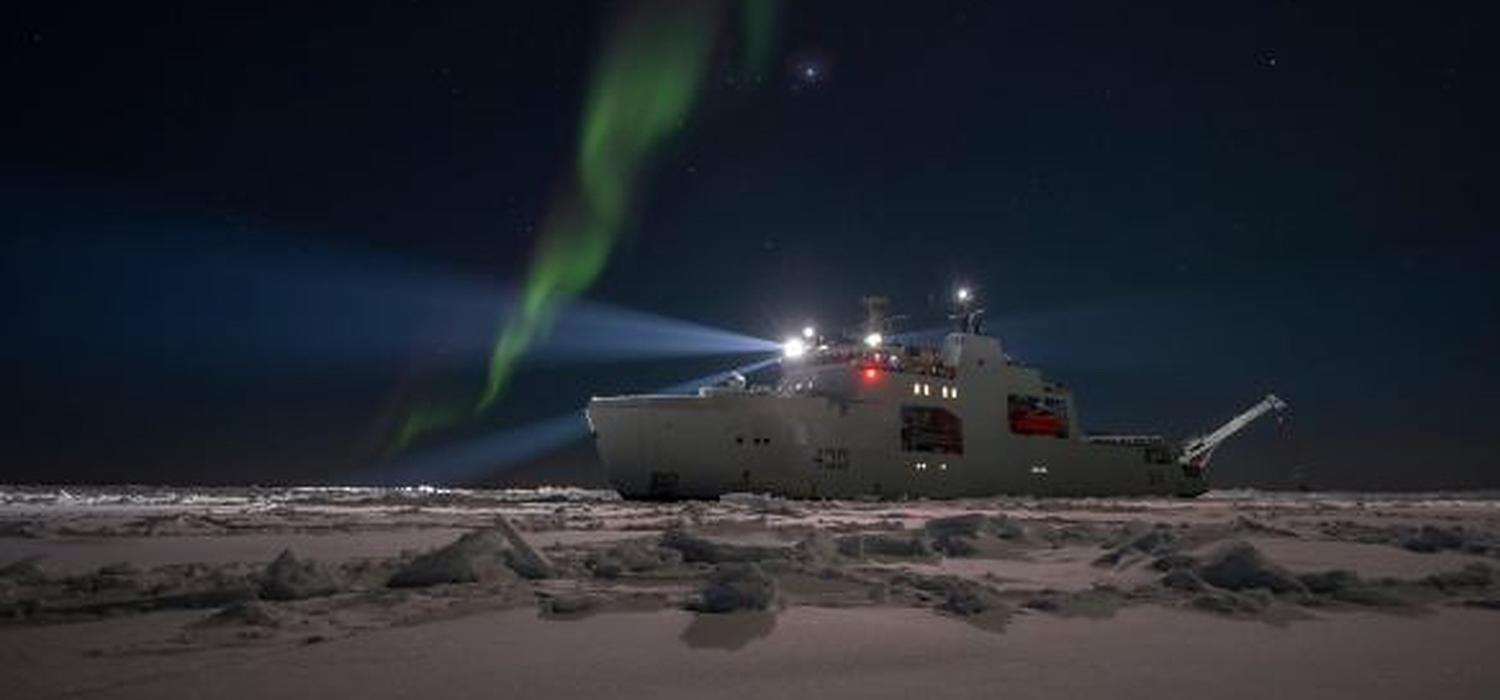
Dr. Huebert on the US aircraft carrier USS Theodore Roosevelt about to sail to Arctic
Nov. 22, 2021

Can you tell us a little more about this topic?
At the end of the Cold War, many had hoped that the military confrontation that existed in the Arctic would end. For some time, this happened, and the Arctic became a place of exceptional cooperation and peace. But that has now changed. Both the US and Russia are modernizing some of their most lethal weapons that operate in the region including many of their nuclear weapon systems. Furthermore, both Russia and the US have been releasing arctic strategies and security policies that point to a much more dangerous arctic security environment. We are looking at why this is happening and what it means for Canada.
What else do you cover in your course?
Next week we are looking at how international cooperation operates in the region. We will be examining the Arctic Council. This body is the principal forum for cooperation including the eight arctic nations along with the five main northern international indigenous peoples’ organizations and several non-arctic states. In order to allow students to follow understand its importance and functioning, the students will engage in a simulation exercise In which they will assume the roles of the many members and resolve a current issue that the actual Arctic Council is now addressing.

Dr. Huebert on the US aircraft carrier USS Theodore Roosevelt about to sail to Arctic
What do you love about teaching this course?
There are three things that combine to make this course a true joy to teach. First the subject matter is always changing. I never know from day to day what event or events is/are developing that will cause me to have to go back and update all that I am about to discuss. Second, the course requires a truly multi-disciplinary approach that really allows student to push themselves. We study environmental security, societal security along with sovereignty and geopolitical security. Thus, students must think in terms beyond the common boundaries of the field. Third, and most important, I really enjoy watching students develop the same fascination for the subject as I have. It is very rewarding to watch significant numbers embrace the subject and make it their focus of study and or career.
Finally, what other courses would you recommend for students interested this topic?
Given the subjects multi-disciplinary nature, it is easier to answer what course not to take! Any of our courses in Canadian Politics, Indigenous Studies and International Relations are supportive. But so are courses in environmental studies, Canadian history and international law.